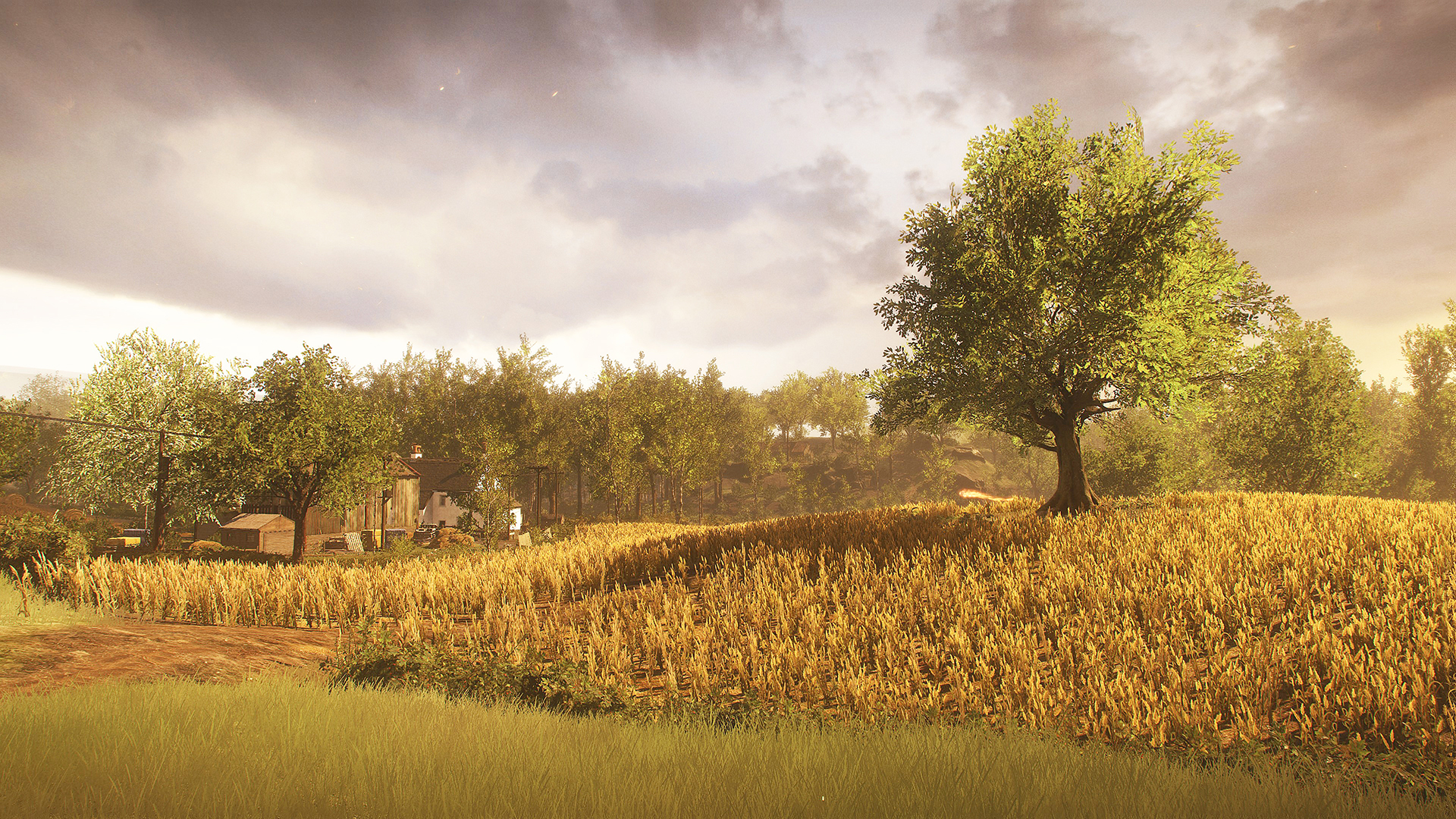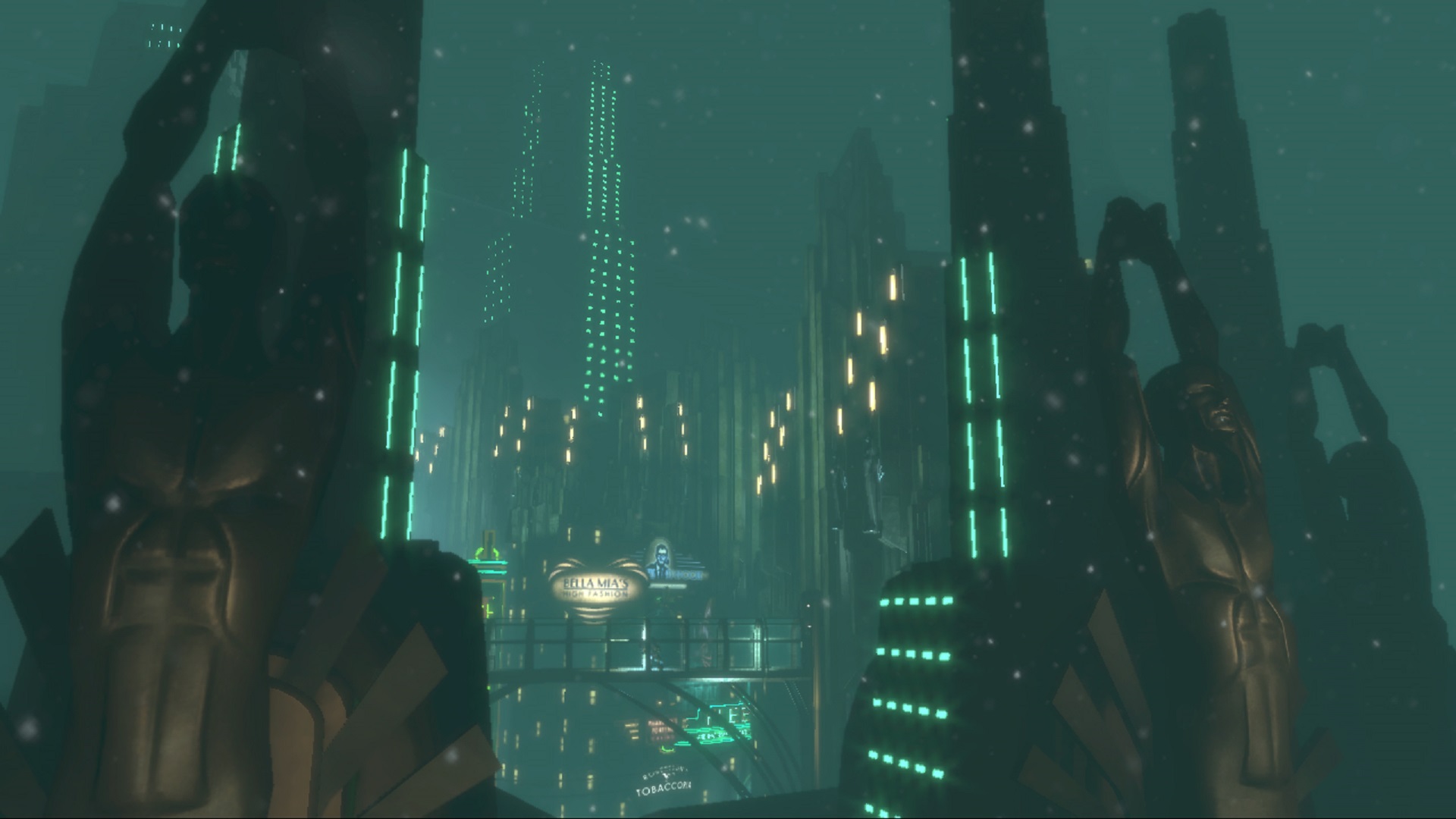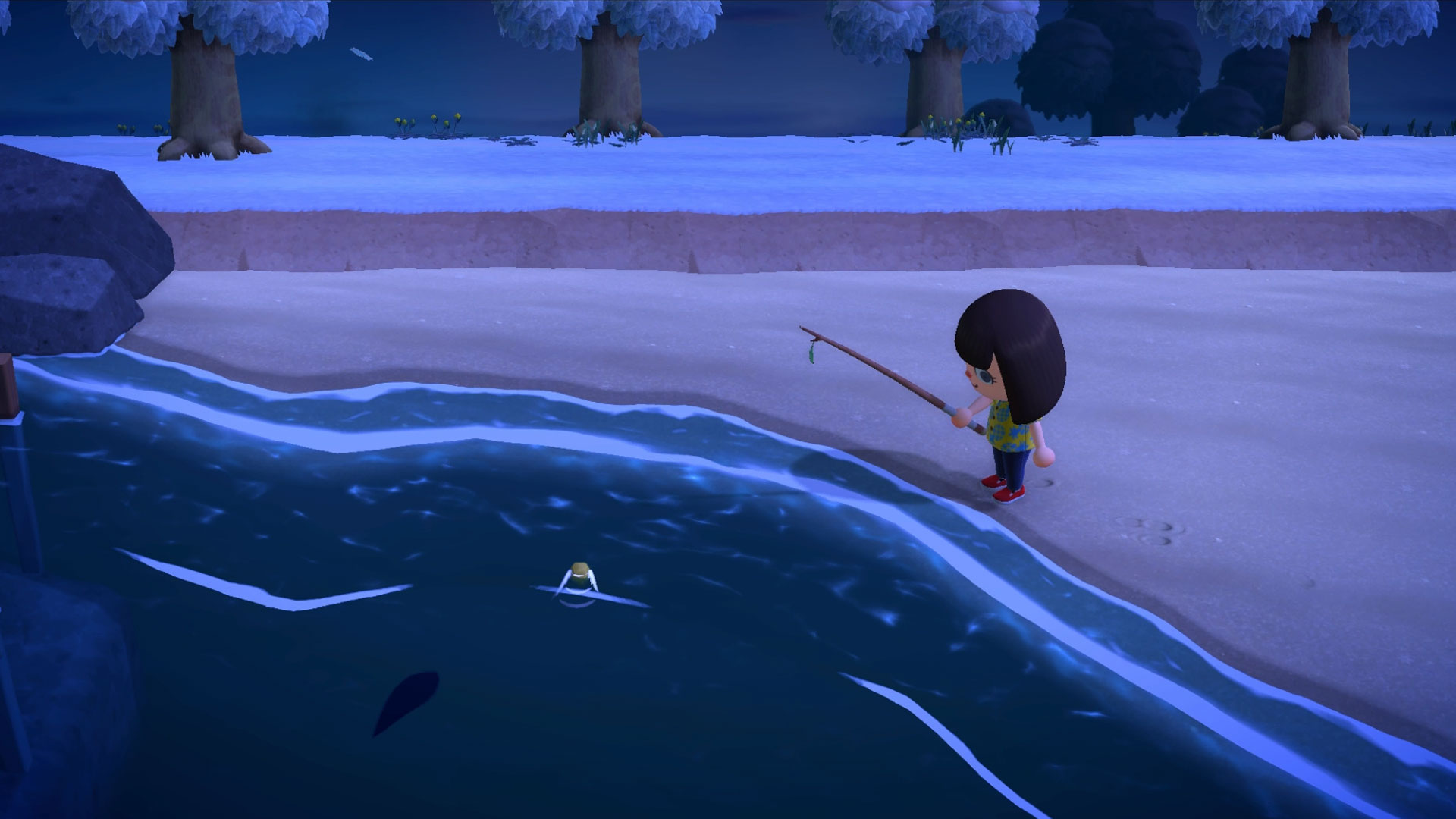It's Mental Health Awareness Week – here's my video games and mental health story
Mental Health Awareness Week | This week, May 15-21, we're talking about video games and mental health

Last Friday, May 12, marked the 15th anniversary of my uncle's suicide. No matter how many times I say that sentence aloud, or indeed write it down, it never loses its impact. Even after all this time, with everything I've filled my life with since, those words always stop me in my tracks. Which is only natural. Coming to terms with a loved one's passing can be a long and difficult process in any circumstance, but when they leave your life so abruptly, through such brutal means, the shock of the act never really loses its grip.
CONTENT WARNING: This article shares personal insights relating to suicide, depression, and anxiety


The best feel good games are designed to put a smile on your face
After my uncle's death, I began struggling with my own mental health. In the last decade and-a-half, I've seen a therapist for prolonged periods on two occasions, and, for the last nine years, have been on a course of antidepressant and anti-anxiety medication. I've been diagnosed with depression and anxiety disorder, I check-in regularly with my doctor, and I speak to my loved ones about my mental health whenever I feel called to. Seeking professional help is one of the most important things I've ever done in my life – and if you find yourself in a similar position, I wholeheartedly recommend you do the same.
Granted, I am not a mental health professional. But I am a video games enthusiast, and video games have played a huge supporting role in my own mental health journey. I firmly believe that the escapism the medium can provide, and the transformative powers that it wields are a real force for good – one that, in my experience, can help us through the darkest of times. In the immediate wake of my uncle's passing, for example, I threw myself into BioShock, spending months thereafter losing myself in the darkened, twisted corridors of Rapture. I took out my real-world frustrations on the scores of faceless goons in Batman: Arkham Asylum. I used the vast irradiated expanse of Fallout 3's Capital Wasteland to pause for thought at a time when, even though ripped apart by the nuclear post-apocalypse, this world was more appealing than my own.
A few years later, I discovered the wealth of indie games that tackle mental health issues head-on. Games like Will O'Neill's Actual Sunlight, a narrative adventure about an average guy struggling with he monotony of the 9-5 grind, and his overarching depression; Neverending Nightmares by Matt Gilgenbach, an unsettling horror game that portrays the creator's struggles with Obsessive Compulsive Disorder through dazzling imagery; and Vander Cabellero's Papo & Yo, a platformer-meets-puzzle game about a young protagonist's struggles with his alcoholic father, to name but a few. Learning about sensitive subjects via traditional media is great, but the three-dimensional, interactive nature of games puts us directly in the shoes of these characters, in turn forcing me to either relate to or learn from their predicaments. All of which makes video games uniquely-placed to educate and inform.
Peace of mind

"I'm sure many of you have your own video games and mental health stories. And even if you don't, I bet you know someone who's used our medium of choice as a means of support through darker times".
At the lighter end of my games and mental health association spectrum, I, like so many others, used Animal Crossing: New Horizons as a means of wider contact during the earliest, most restrictive stages of the global pandemic. In slightly darker terms, I played Uncharted 3: Drake's Deception as a distraction the afternoon I first sought help from my doctor, to address the depression and anxiety disorder I'd later be diagnosed with. And in one of my very darkest moments, following a very brief suicidal episode, I played GTA 4 with colleagues online – an exchange that I wholeheartedly believe saved my life.
I'm sure many of you have your own video games and mental health stories. And even if you don't, I bet you know someone who's used our medium of choice as a means of support through darker times. This week, May 15-21, is Mental Health Awareness Week, and so over the next seven days we'll be posting profiles of cool games that either explore themes of mental health directly, or can be used as tools to help in various ways. That starts tomorrow with the aforementioned Actual Sunlight, Actual Sunlight, a game about an everyman struggling with depression, that changed my life.
Sign up to the GamesRadar+ Newsletter
Weekly digests, tales from the communities you love, and more
In the meantime, here are 10 games to help kickstart conversations about mental health.
Here some of the best relaxing games to help your mind chill

Joe Donnelly is a sports editor from Glasgow and former features editor at GamesRadar+. A mental health advocate, Joe has written about video games and mental health for The Guardian, New Statesman, VICE, PC Gamer and many more, and believes the interactive nature of video games makes them uniquely placed to educate and inform. His book Checkpoint considers the complex intersections of video games and mental health, and was shortlisted for Scotland's National Book of the Year for non-fiction in 2021. As familiar with the streets of Los Santos as he is the west of Scotland, Joe can often be found living his best and worst lives in GTA Online and its PC role-playing scene.


